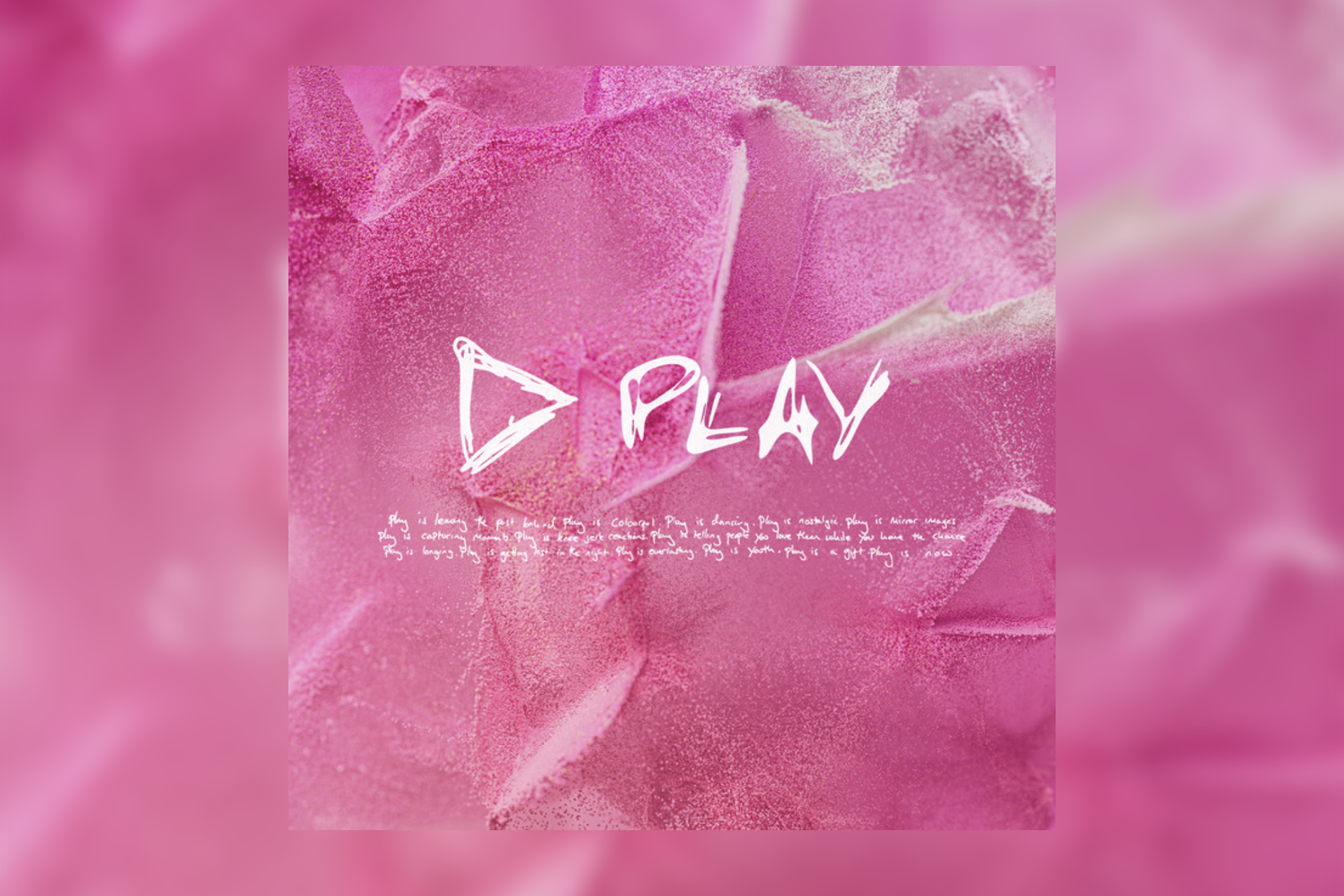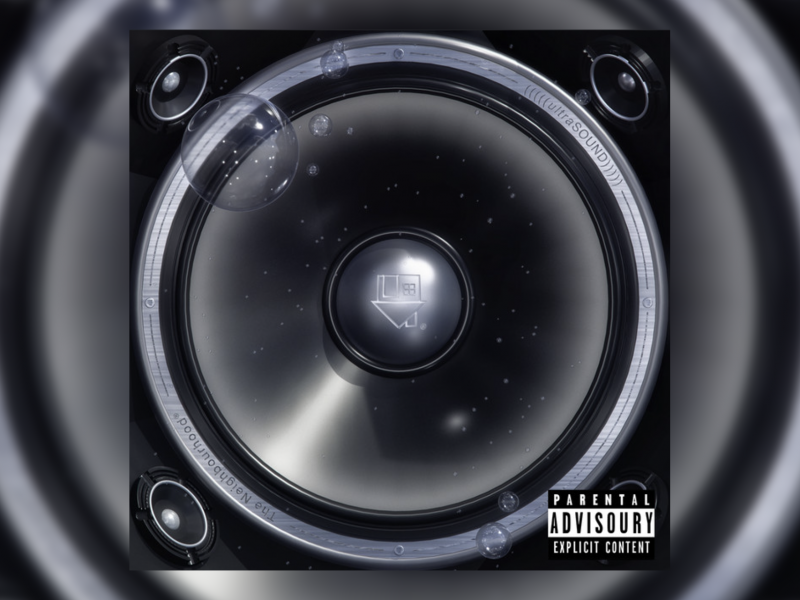Ed Sheeran has something to prove on his newest album Play.
Love him or hate him, Sheeran has held his own in the music industry for more than a decade. From his 2011 debut album to Divide, the worldwide best-selling album of 2017, he’s held the attention of millions of listeners with his smooth vocals and wide range of artistry.
But Sheeran’s recent music doesn’t seem to connect with listeners as well as his earlier releases.
Since Divide, Sheeran has released No.6 Collaborations Project, Equals, Subtract and Autumn Variations, with the latter two being more cathartic and subdued. Subtract specifically dives into the grief and fear he experienced at the time after the death of his best friend and his wife’s cancer diagnosis.
As a longtime fan of his, I almost stopped listening to his music entirely during the Subtract era. Whether it was the intensely personal nature of the album, or the lack of singles and music videos for Autumn Variations, Sheeran’s popularity took a nosedive after the major success of Divide.
Sheeran’s eighth studio album released Friday attempts to reclaim his status as a pop icon. With catchy beats and cultural influences in multiple songs, Sheeran channels feelings of freedom and playfulness throughout Play’s runtime.
[‘The Thursday Murder Club’ is a cozy mystery in a knit sweater]
But he fails to match the iconic status of his earlier albums.
The new album is a mostly upbeat counterpart to his recent laid-back and introspective releases. It feels almost too airy and lighthearted, especially knowing how intelligent of a musician Sheeran is.
“Sapphire” incorporates vocals from Indian artist Arijit Singhand seamlessly blends English and Punjabi lyrics. An infectious and energizing track, it features a beat and energy that is hard to get out of your head.
The next track, “Azizam,” continues this peppy trend as an ode to dancing and being careless with someone you love. “Azizam” is a Persian term meaning “my darling” or “my dear.”
“Azizam / Meet me on the floor tonight,” Sheeran sings. “Show me how to movе like the water / In between the dancing lights.”
While these songs are well written and a representation of the joy and freedom Sheeran intended for the album to emit, they lack the emotional depth that so much of his prior work is known for. They sound like any other typical pop song on the radio, not having the standout melodies and lyrics that his songs such as “Perfect” and “Photograph” so notably do.
[UMD students find community, brief school reprieve in off-campus jobs]
The first track of Play, fittingly titled “Opening,” better reflects how Sheeran has worked through his recent hardships and is ready for the future. Beginning with a subdued guitar backing and soft vocals, he then picks up into a rap sequence toward the end.
Sheeran sings about picking himself up after grief and seeing the light at the end of the tunnel. He is remarkably candid, airing out his vulnerable experiences to the listener.
“I have cried tears at my brother’s grave / I have shaken hands with my wife’s surgeon / I spent weeks inside the darkest cage / But now the day bursts wild and open,” Sheeran sings.
Toward the end of the album, Sheeran regains his typical sound and lyricism in the soft ballads, “In Other Words,” “Slowly” and “The Vow,” all love songs seemingly written for his wife. Sheeran also showcases intricate riffs and vocal ability on these tracks, which remind me of why he is the best of the best.
“Heaven,” arguably one of the best songs on Play, closes out the album and incorporates an electropop backing that is unusual for the typically acoustic Sheeran. The song begins acapella and with Sheeran’s voice layered, then picks up as he sings about “falling in love all over again.” I found it to be an unexpectedly enjoyable track reminiscent of Taylor Swift and Lorde’s electropop beats, yet still uniquely Sheeran’s sound.
A blend of introspection, nostalgia and optimism, Play is a powerful response to the contemplative nature of Subtract and Autumn Variations. But while the album is certainly not weak, its inconsistency makes it not as strong a popstar comeback as Sheeran may have hoped for.



